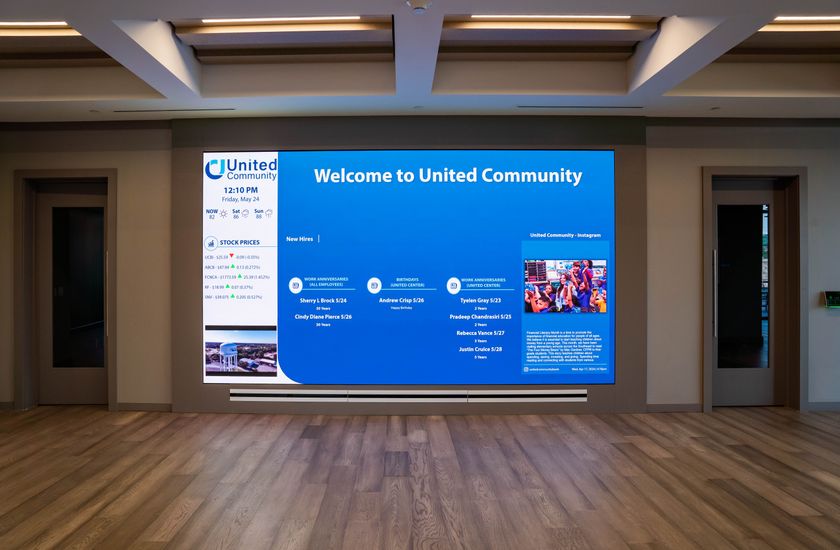As severe weather warnings continue across the UK today, organizational productivity is likely to suffer as employees struggle to gain access to key business applications beyond email.
This is according to global industry analysts Ovum, who believe that CIOs that embrace the need for mobile enterprise apps and cloud productivity apps will maintain productivity in the face of disaster, such as the arrival of the hurricane-force storm dubbed “St Jude."
In a new report, "The Case for Mobile Enterprise Applications," Ovum explains that when it comes to providing value to a business and reaping the benefits of the mobile consumerisation and BYOX trends, mobile enterprise apps will make the difference. Failing to provide employees with the right applications across the right range of devices will increase their inability to access to the tools and services they need on days like today, when conditions make it difficult for many to get where they need to be. It may also drive employees to engage in “bring your own app” (BYOA) activity—finding and using their own cloud productivity applications such as file sync & share and enterprise social networking—therefore exposing corporate data to security threats.
"Many employees are already using cloud file sync & share applications to share files and documents between their various devices, better enabling them to work wherever they are and no matter what device they have in front of them, whether a corporate-provided laptop or their own tablet," said Richard Absalom, an analyst at Ovum. "This may help in terms of letting them get on with their jobs, but if it is informal, unmonitored activity then it also presents a severe risk to businesses in terms of data protection. Giving employees access to services with similar functionality but business-grade security is key to any business continuity program. Going a step further and providing employees with enterprise mobile apps, specifically designed to let them perform core tasks beyond email and document sharing on their smartphones and tablets, will vastly improve mobile and flexible working practices."









